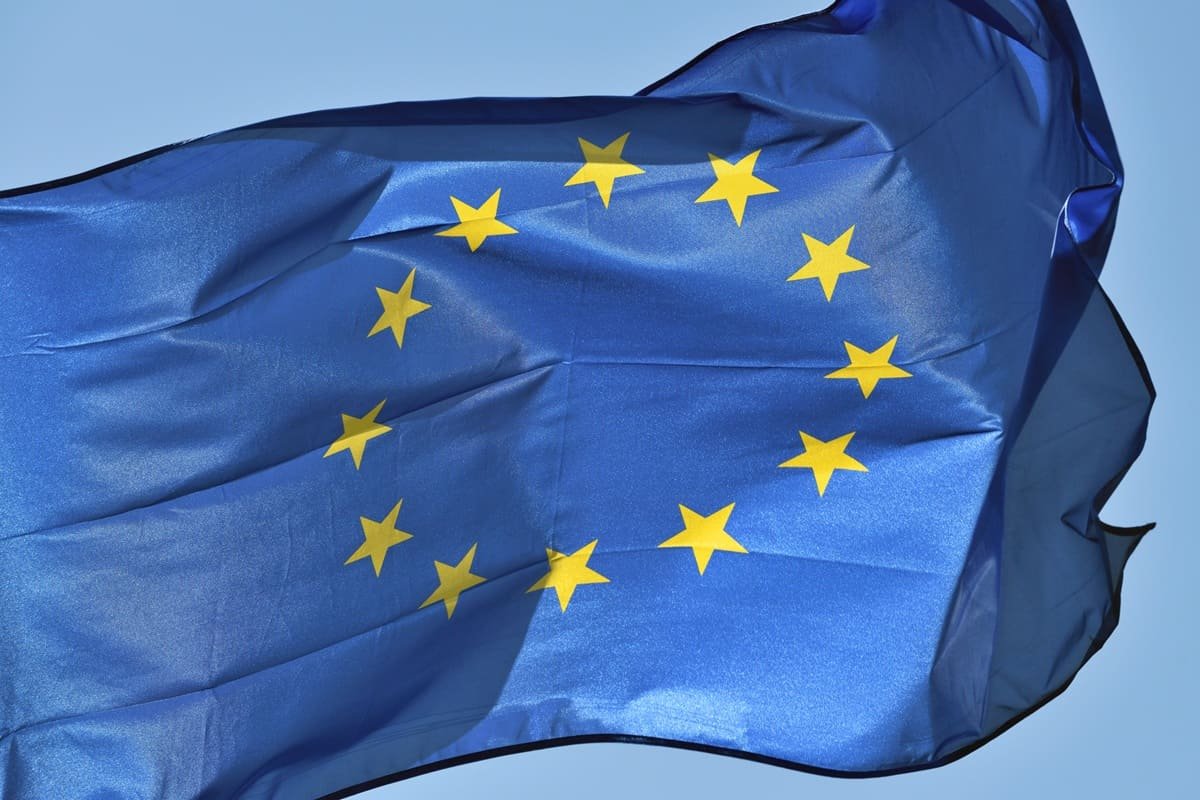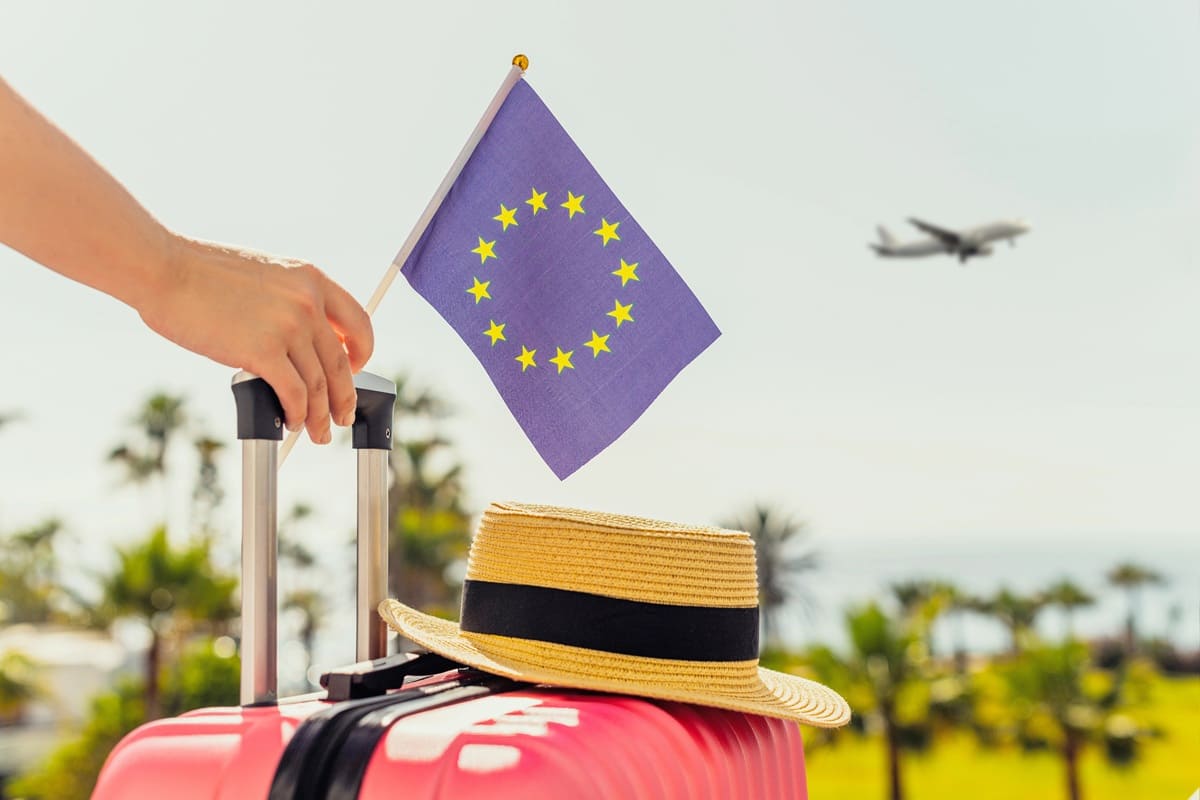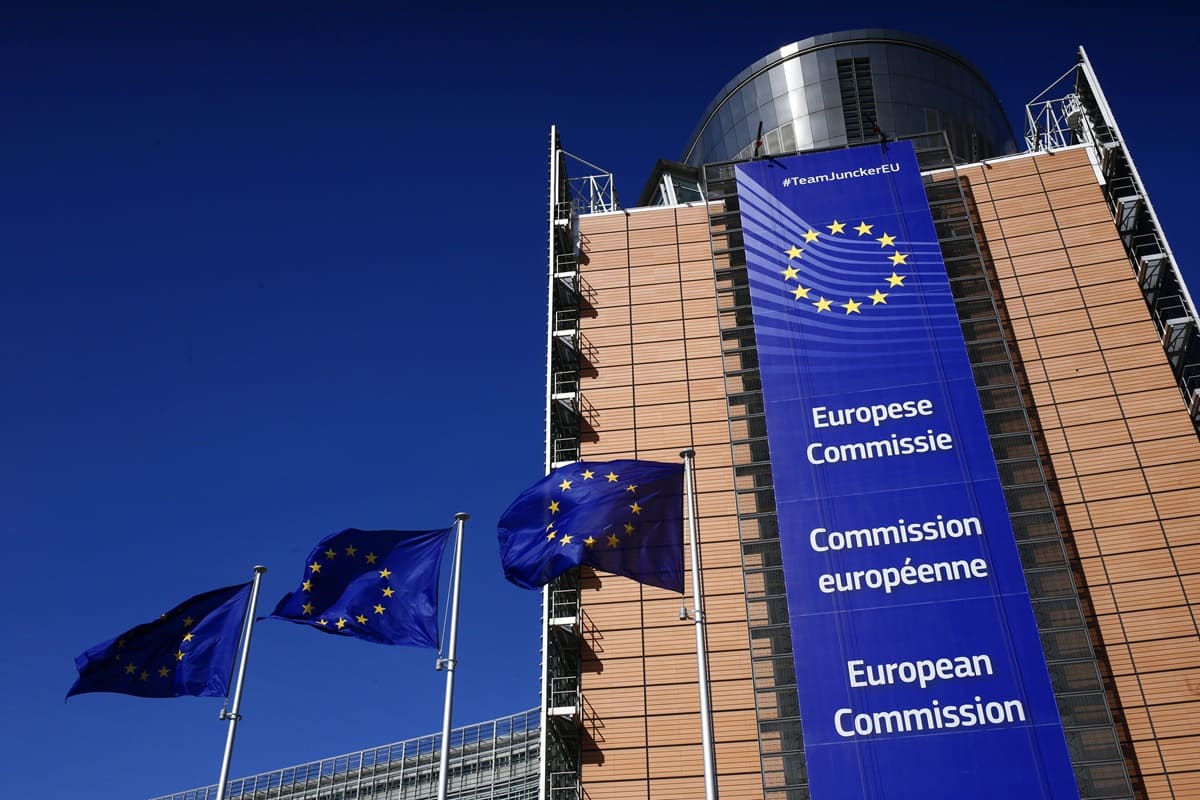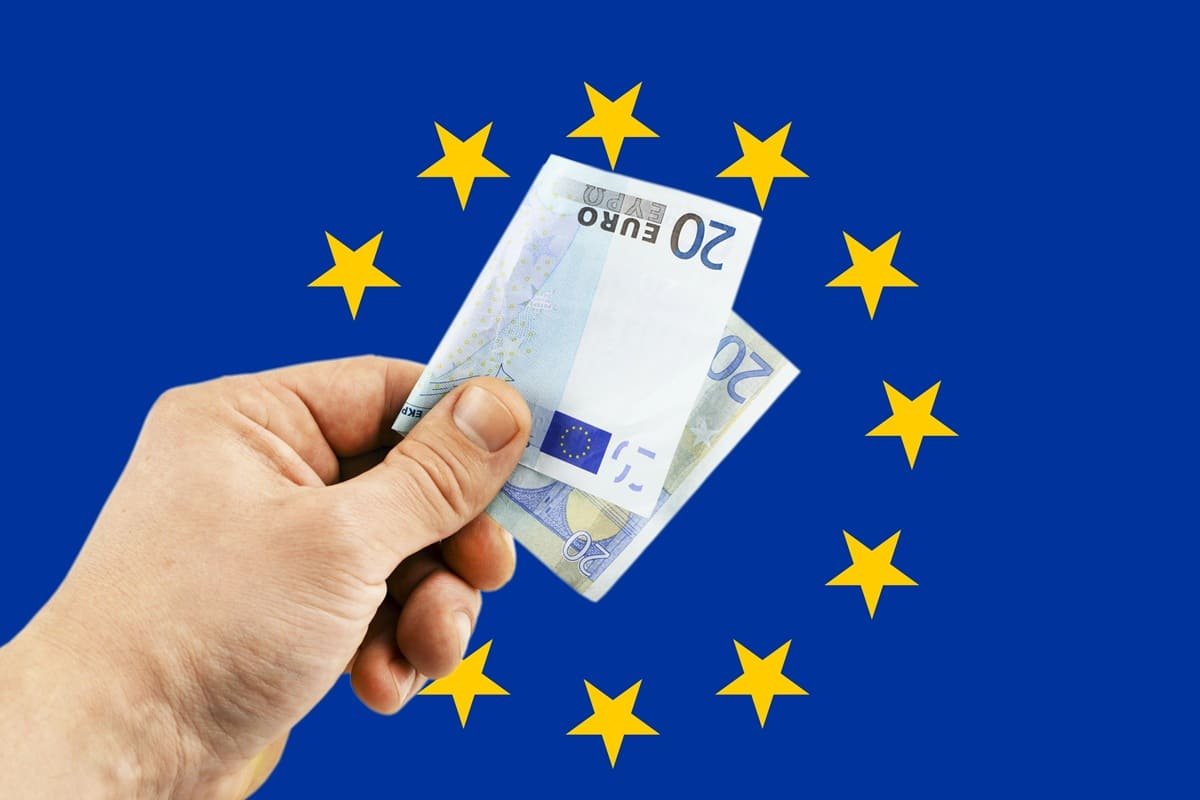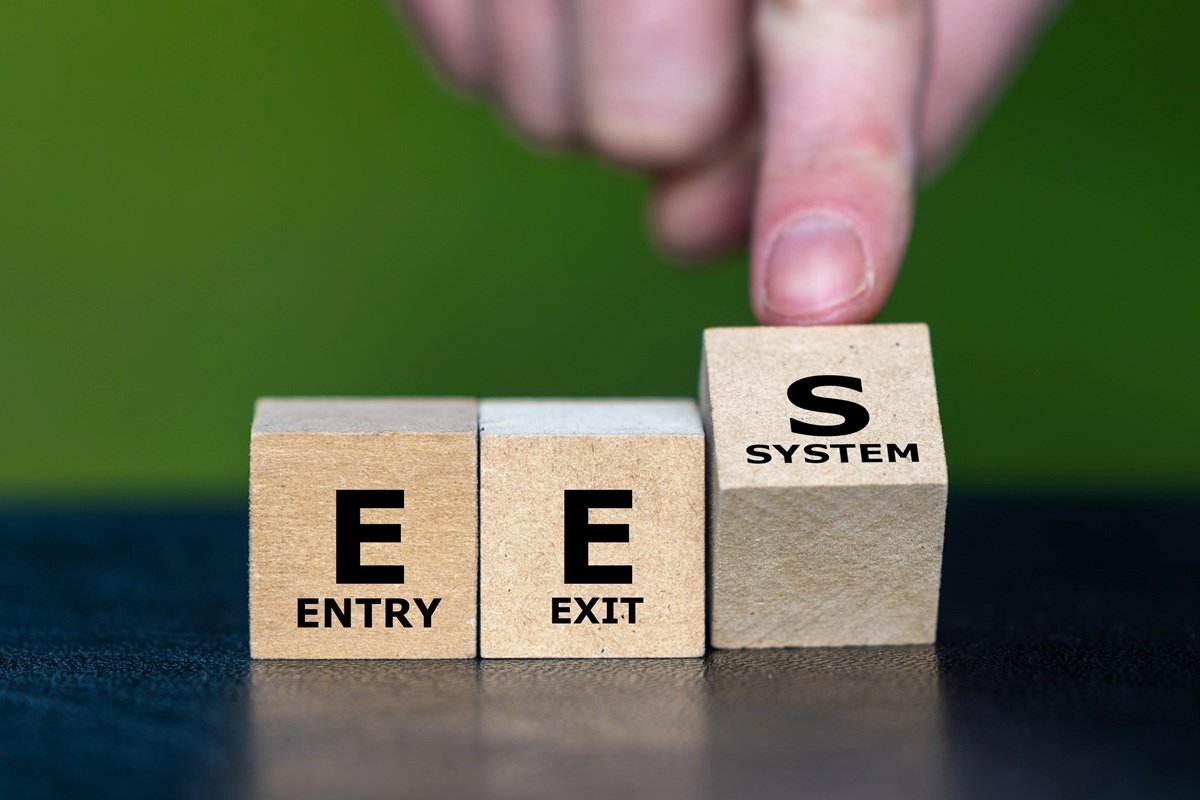Even though the European Travel Information and Authorization System (ETIAS) has yet to be rolled out, its original price tag of €7 might already be headed upward. The reason? The European Union is looking for ways to tackle its post-COVID debt.
Set to take effect at the end of 2026, ETIAS, the EU’s version of the U.S. ESTA, is expected to cost €7 at launch. It’s a relatively small fee, paid once every three years, for travelers from visa-exempt countries such as the U.K., the U.S., and Canada.
But behind closed doors in Brussels, some diplomats are reportedly floating the idea of a price increase, even before the system is operational. At the heart of it: mounting pressure on the EU’s finances.
EU is seeking revenue and may review (upward) the price of ETIAS
The EU took on €350 billion in debt to finance its COVID recovery plan and is now exploring new revenue streams to balance the books. ETIAS, which could bring in several hundred million euros annually, is among the options being considered.
According to POLITICO, the €7 fee, set back in 2018, could be revised to reflect inflation, system development costs, or simply to increase revenue without directly raising taxes on EU citizens. The proposal may be on the table as early as July 16, 2025, when the next EU budget is expected to be unveiled.
ETIAS price increase: modest revenue in the face of massive debt
While no formal proposal has been made yet, a “gradual” fee increase appears to be gaining traction.
“Given that the EU fee for ETIAS is one of the lowest among comparable systems in the world (the fee for the American ESTA system is USD 21, the British system charges a fee of GBP 16), it seems that there is a possibility of a gradual increase of the fee, strengthening the long-term revenue potential,” notes an internal memo from the Polish presidency of the EU Council, seen by POLITICO.
On paper, ETIAS could generate over €200 million per year. But compared to the €25–30 billion the EU will need to repay annually starting in 2028, that’s a drop in the bucket. The move would therefore be as symbolic as it is financial—signaling that the EU is working to diversify its income sources without burdening its own taxpayers.
Beyond ETIAS, Brussels is also reportedly considering a €2 tax on packages imported from low-cost online platforms like Shein or Temu.
A politically acceptable measure?
Targeting non-EU tourists rather than EU citizens appears to be a politically cautious strategy, especially since the principle of paying for entry into Europe has already been accepted.
The question now is whether any fee hike will be subtle enough to go unnoticed, or whether it will spark renewed criticism of Brussels’ bureaucracy.
What is ETIAS?
The European Travel Information and Authorization System (ETIAS) is a digital travel authorization that will soon be required for nationals of over 60 visa-exempt countries, including the U.K., U.S., Canada, Australia, and Japan, who wish to enter the Schengen Area.
Modeled after systems like the U.S. ESTA or the U.K.’s ETA, ETIAS aims to strengthen traveler screening while streamlining border crossings. The authorization will be valid for three years and allow travelers to move freely across 30 participating countries. After multiple delays, it’s now slated to go live at the end of 2026, with the EES (Entry/Exit System) expected to roll out gradually starting in October 2025.
